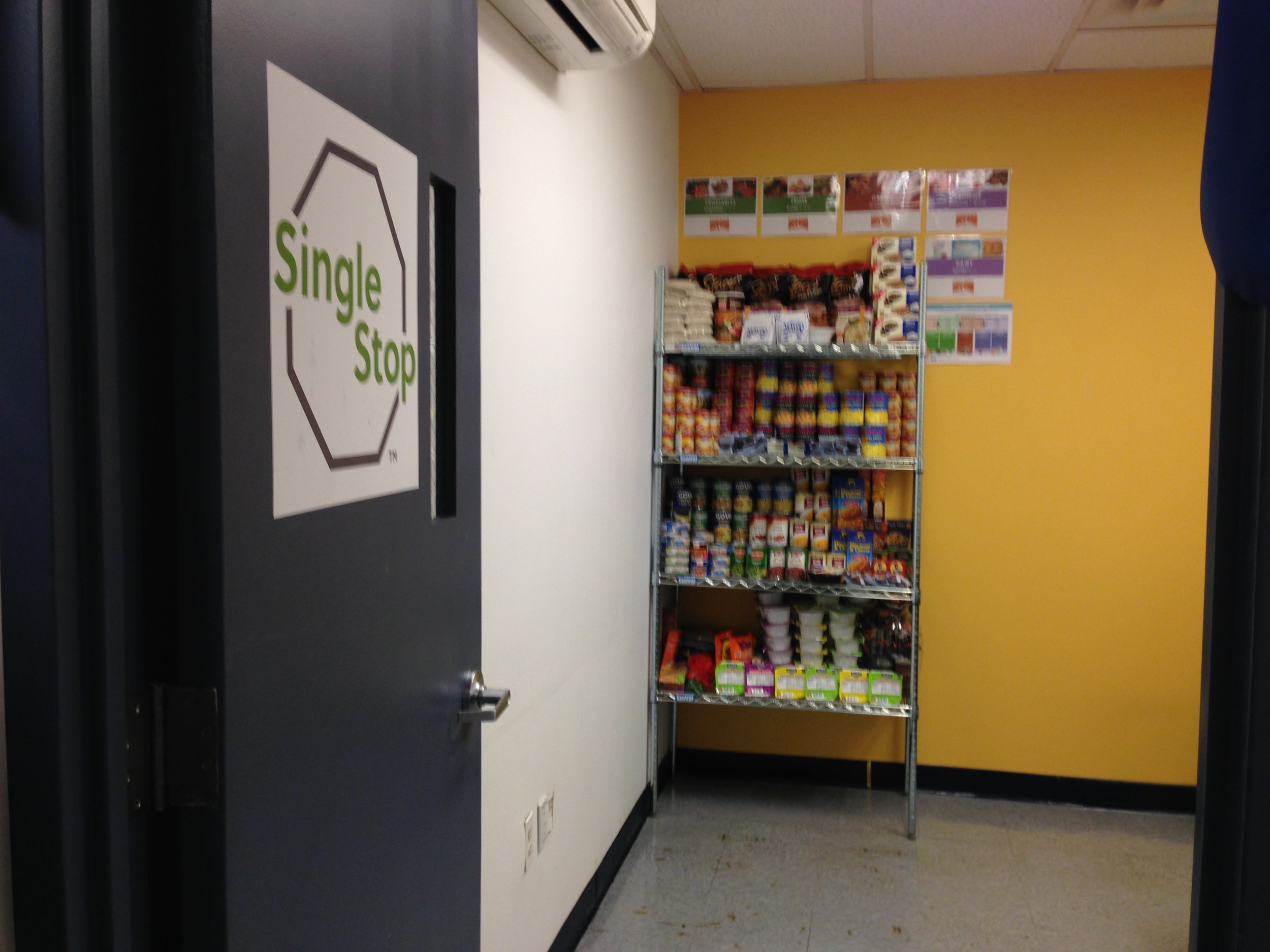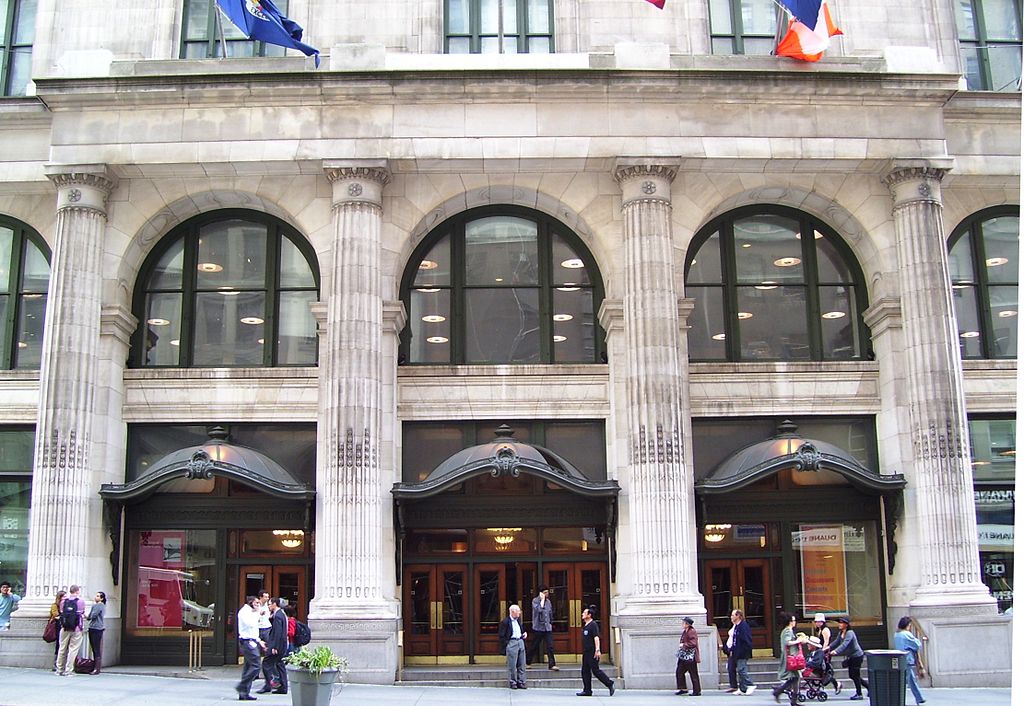On May 15, more than 20 CUNY faculty, staff and graduate students from 9 CUNY campuses gathered at the Graduate Center to explore common interests in food studies, food policy and food justice for the second meeting of the CUNY Food Collaboratory. Convened by the CUNY Urban Food Policy Institute, the Collaboratory brings together dozens of CUNY scholars and professionals doing food work. Participants identified three themes to serve as guides for actions taking place over next year; organizing into workgroups focusing on building food studies across CUNY, promoting food security and improved campus food at CUNY, and studying the connections among immigration, food and health.
Food Studies Work Group. This group plans to inventory and bring together CUNY faculty teaching courses in food studies or food policy. This workgroup will explore building bridges that can connect faculty, students and departments across community colleges, Bachelors and graduate programs; disciplines and departments and campuses. Identifying and reducing the barriers that make it difficult for CUNY faculty and students to bridge these divides will be an important priority. CUNY currently has food studies programs, certificates or concentrations at the associate degree and doctoral levels but not at the Bachelors or Masters, suggesting areas for innovation. At the meeting, the Food Policy Institute’s Ashley Rafalow showed participants its new web-based directory of CUNY degree programs and faculty with food-related interests. She invited faculty and staff who want to be added to the directory to fill out our survey by June16th.
Food Security and Food Services at CUNY Workgroup. Recent surveys of CUNY students show that almost a quarter report some level of food insecurity and about 15% report they were often or sometimes hungry in the last year. While the rates of food insecurity had dropped since a prior survey in 2011, too many CUNY students are still hungry or food insecure. Cafeterias and vending machines provide food on most CUNY campuses with many students expressing dissatisfaction with the cost, healthfulness and quality of what’s on offer. This workgroup looks to develop innovative and effective models for reducing food insecurity among CUNY students, improving the quality and lowering the cost of food served on CUNY campuses, and assuring that CUNY food workers get a fair wage and safe working conditions. Its members include faculty and graduate students who study food insecurity, staff at campus food pantries and Single Stop programs and others. Possible activities for next year include research studies on how food insecurity influences academic outcomes such as retention, graduation or dropout; developing new approaches to bringing healthier food to CUNY cafeterias and vending machines; persuading campus food vendors to take the steps necessary to enable them to accept SNAP; and preparing CUNY students to advocate for easier access to food benefits such as SNAP and WIC.

A food pantry located at Guttman Community College, CUNY.
Immigration, Food and Health Workgroup. This group seeks to bring together CUNY faculty, staff and students who want to better understand the complex relationships among food, diet and migration. Possible activities for next year include engaging CUNY students from various immigrant populations in investigating the connections between diets in New York and their countries of origins, examining how changes in the global food system are changing diets and beliefs about food in high, middle and low income countries, and exploring and critiquing current conceptions of the relationship between acculturation and diet.
The next meeting of the CUNY Food Collaboratory will be in September 2017. CUNY faculty, staff and graduate students who want to be notified of the meeting or join a workgroup should contact urbanfoodpolicy@sph.cuny.edu
Learn more about food-focused faculty, staff, degrees and programs at CUNY.
